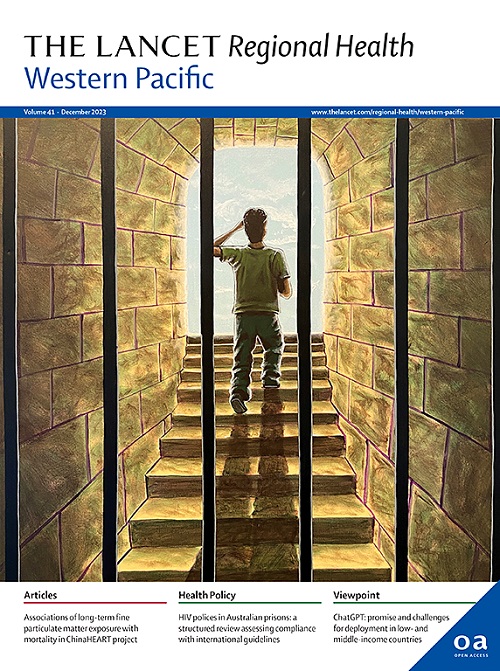Racism and health in South Korea: history, concept, and systematic review
IF 7.6
1区 医学
Q1 HEALTH CARE SCIENCES & SERVICES
引用次数: 0
Abstract
To understand racism and its impact on health in South Korea, it is essential to consider the political and social context of the migrant population, including ethnic Korean migrants, marriage migrants, migrant workers, and bi-ethnic adolescents. This paper has two goals. First, we examined the increasing trends of the foreign population in South Korea, with a focus on the growth of migrant workers and marriage migrants. Following this, we reviewed the historical contexts and discussed the characteristics of racism in South Korea: ‘ethnic homogeneity’, ‘White supremacy’, and ‘ethnic discrimination against ethnic Koreans’. Second, we conducted a systematic review of 43 articles on the association between discrimination and health among racially and ethnically minoritized populations in South Korea. The review revealed statistically significant associations across various migrant groups but highlighted several limitations: all studies were cross-sectional, many used non-standardized discrimination measures, all focused on interpersonal discrimination, most examined mental health outcomes, and certain migrant groups were neglected in the research. Future research is needed to address these gaps.
Funding
This work was supported by the New Faculty Startup Fund from Seoul National University.
韩国的种族主义与健康:历史、概念和系统回顾
要了解韩国的种族主义及其对健康的影响,就必须考虑移民人口的政治和社会背景,包括朝鲜族移民、婚姻移民、移民工人和双种族青少年。本文有两个目标。首先,我们研究了韩国外来人口的增长趋势,重点关注外来务工人员和婚姻移民的增长。随后,我们回顾了历史背景,并讨论了韩国种族主义的特征:"种族同一性"、"白人至上 "和 "对朝鲜族的种族歧视"。其次,我们对 43 篇文章进行了系统性回顾,这些文章涉及韩国少数种族和民族人口中歧视与健康之间的关系。综述显示,不同移民群体之间存在统计学意义上的显著关联,但也强调了一些局限性:所有研究都是横断面研究,许多研究使用了非标准化的歧视测量方法,所有研究都侧重于人际歧视,大多数研究考察了心理健康结果,某些移民群体在研究中被忽视。未来的研究需要弥补这些不足。
本文章由计算机程序翻译,如有差异,请以英文原文为准。
求助全文
约1分钟内获得全文
求助全文
来源期刊

The Lancet Regional Health: Western Pacific
Medicine-Pediatrics, Perinatology and Child Health
CiteScore
8.80
自引率
2.80%
发文量
305
审稿时长
11 weeks
期刊介绍:
The Lancet Regional Health – Western Pacific, a gold open access journal, is an integral part of The Lancet's global initiative advocating for healthcare quality and access worldwide. It aims to advance clinical practice and health policy in the Western Pacific region, contributing to enhanced health outcomes. The journal publishes high-quality original research shedding light on clinical practice and health policy in the region. It also includes reviews, commentaries, and opinion pieces covering diverse regional health topics, such as infectious diseases, non-communicable diseases, child and adolescent health, maternal and reproductive health, aging health, mental health, the health workforce and systems, and health policy.
 求助内容:
求助内容: 应助结果提醒方式:
应助结果提醒方式:


